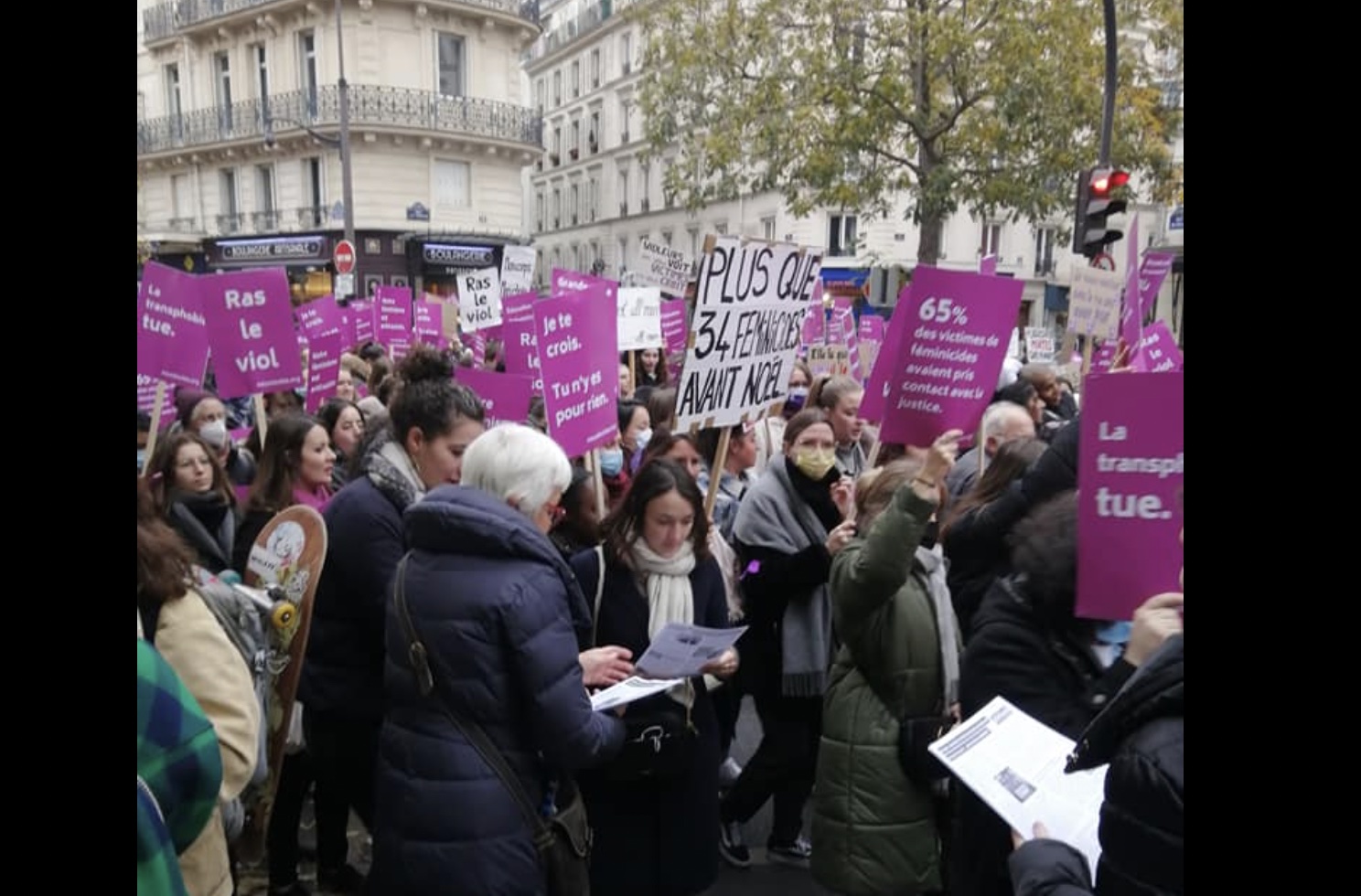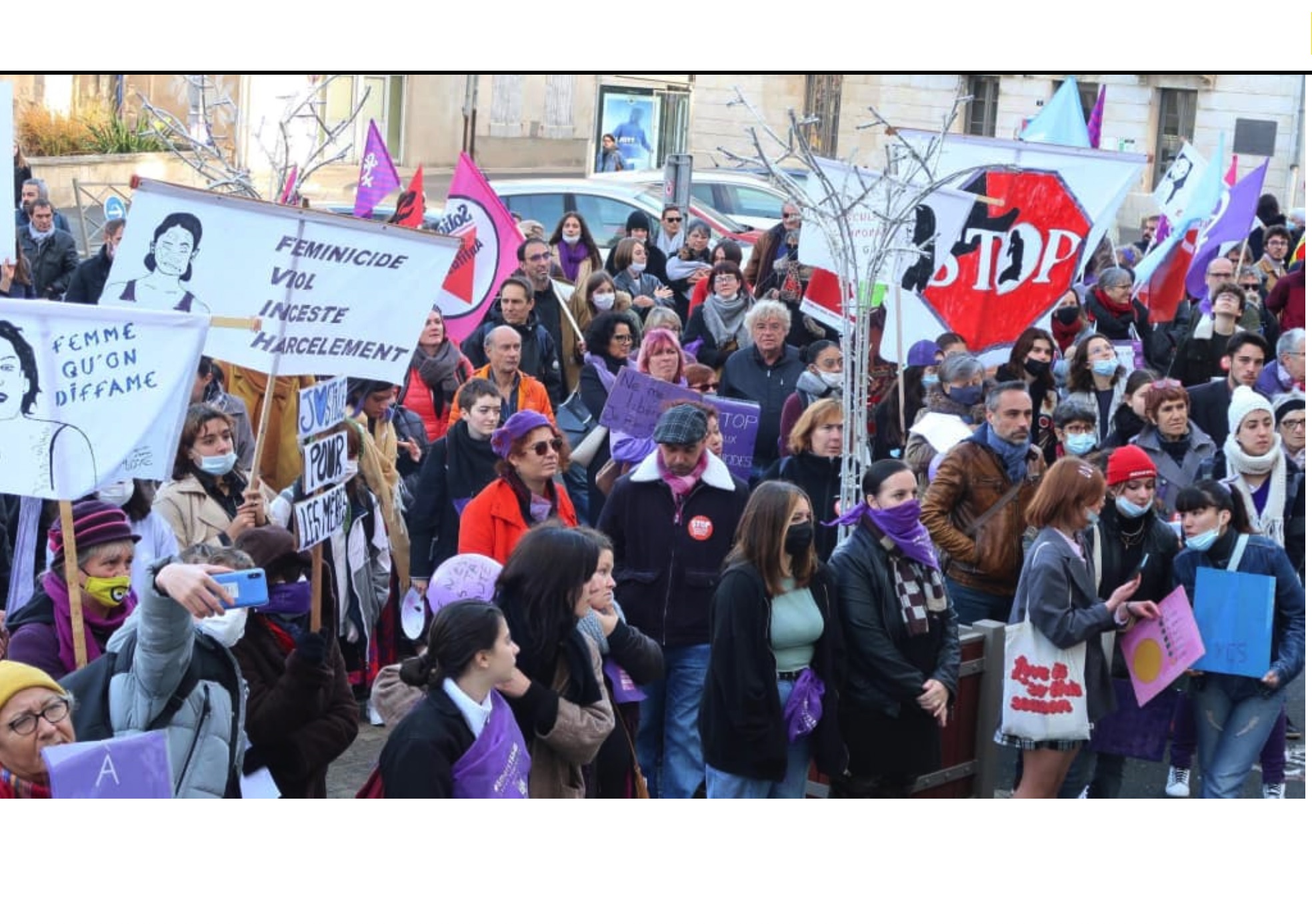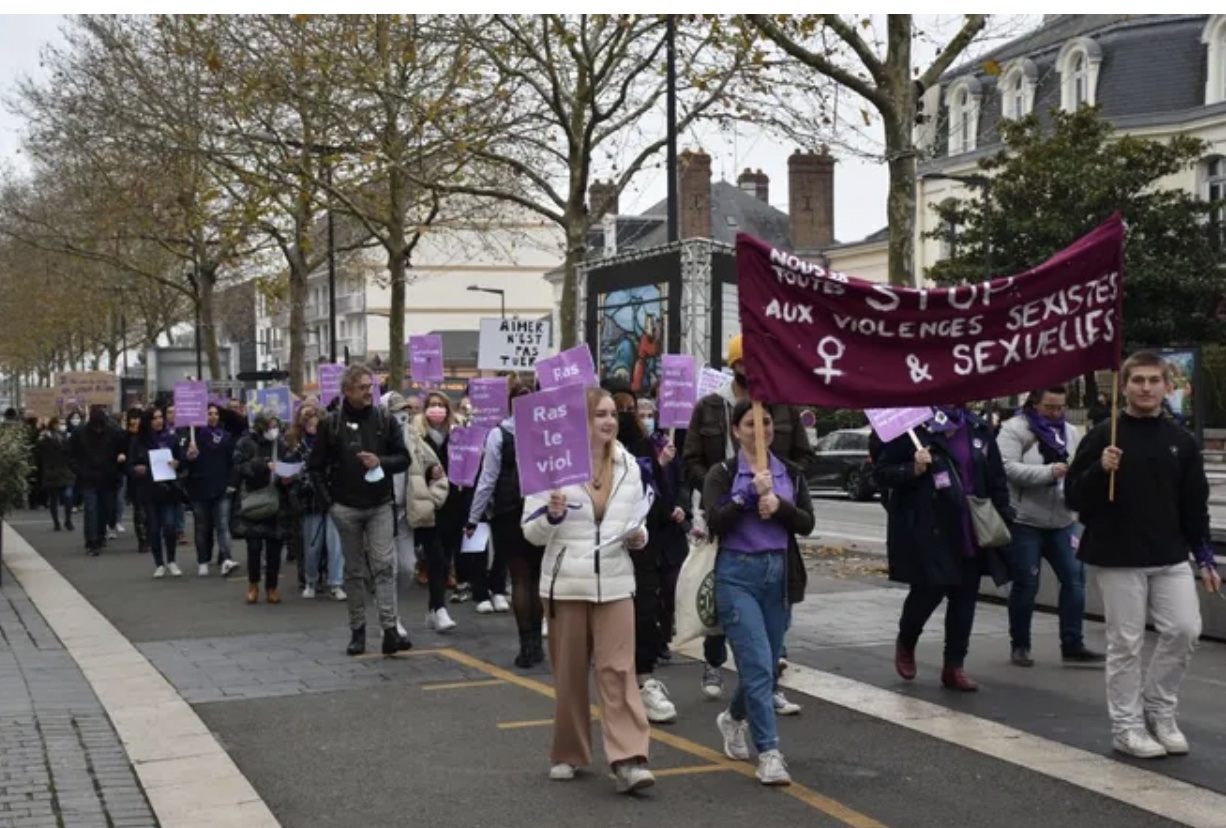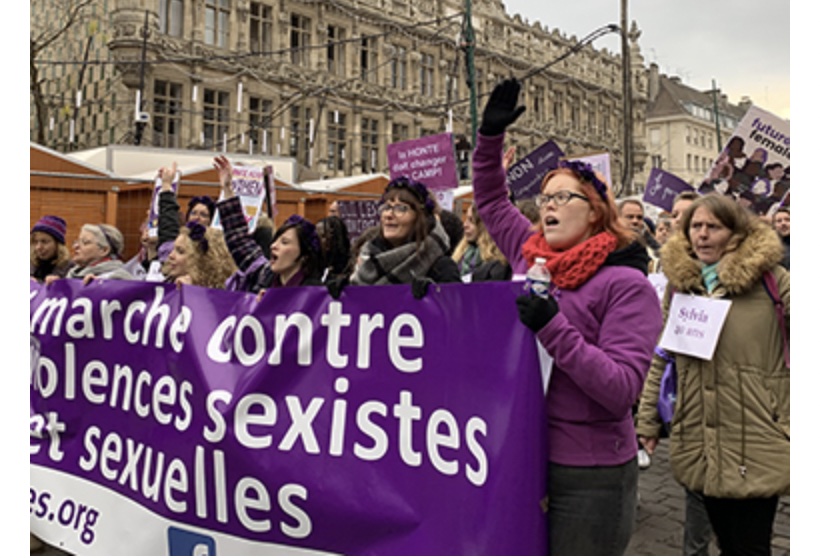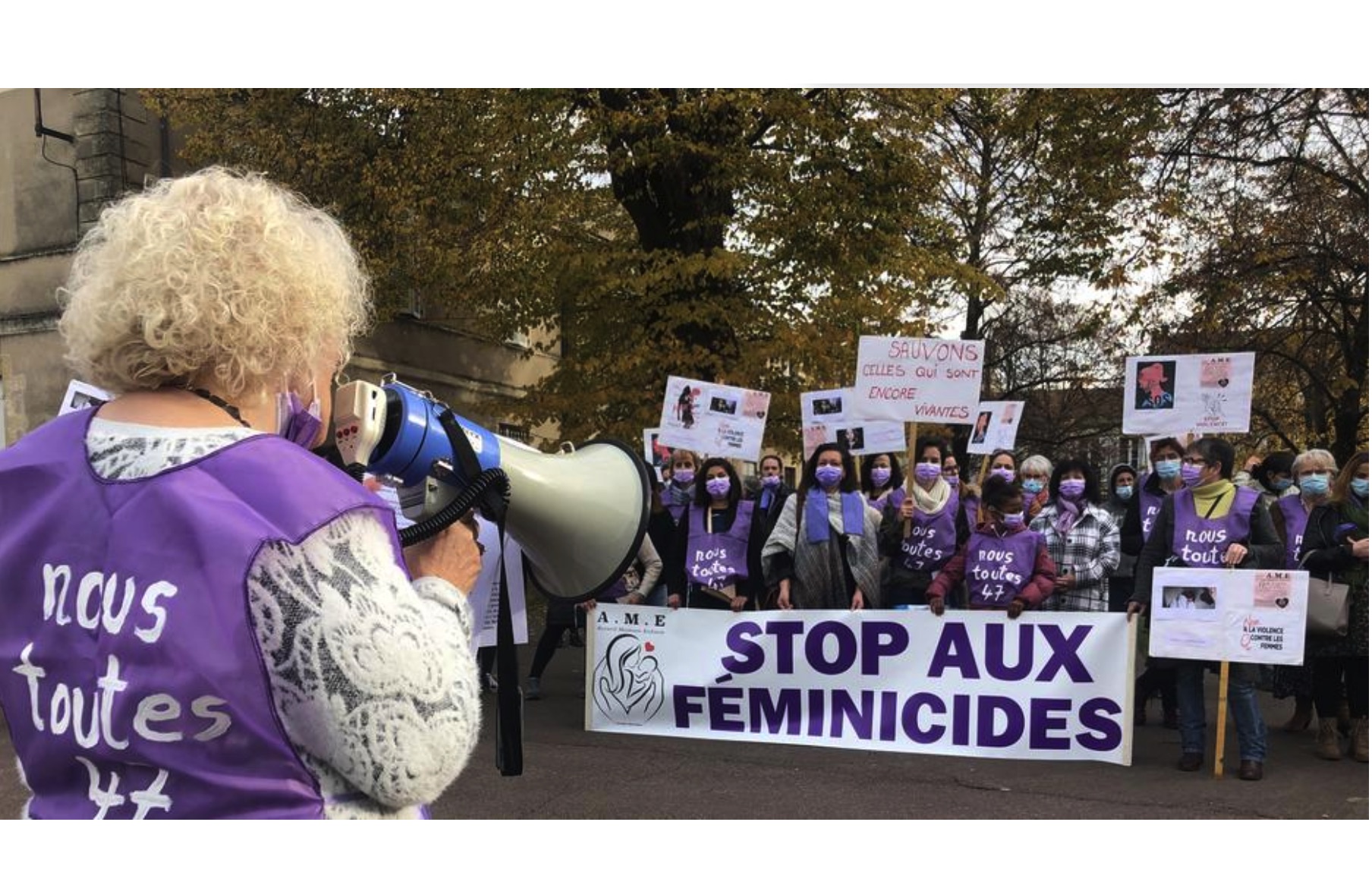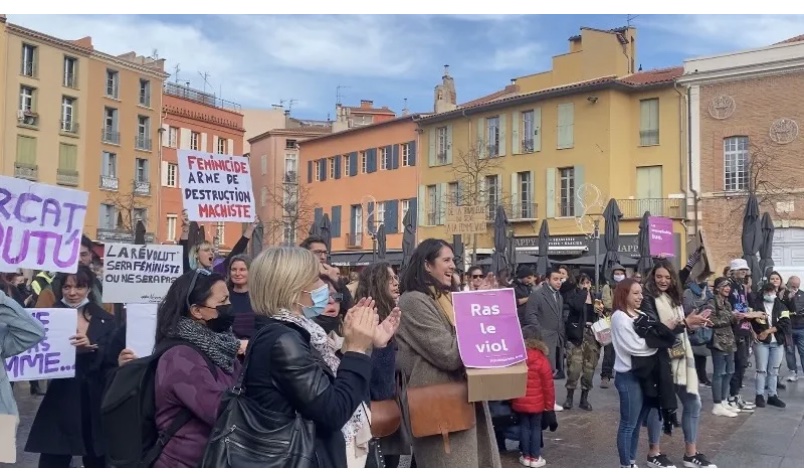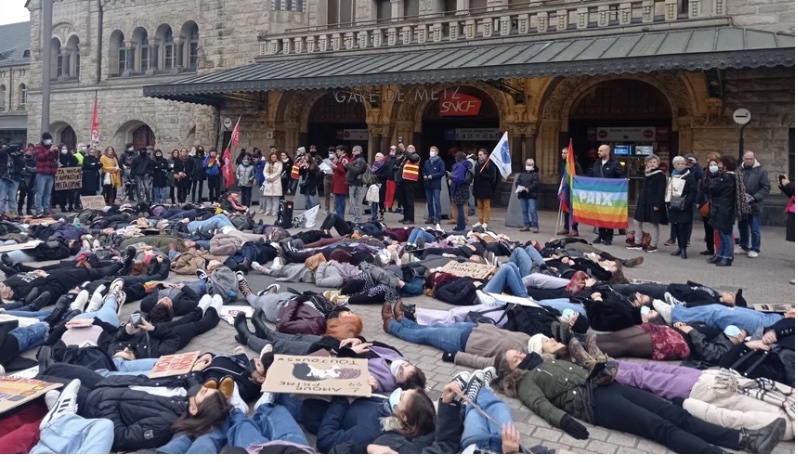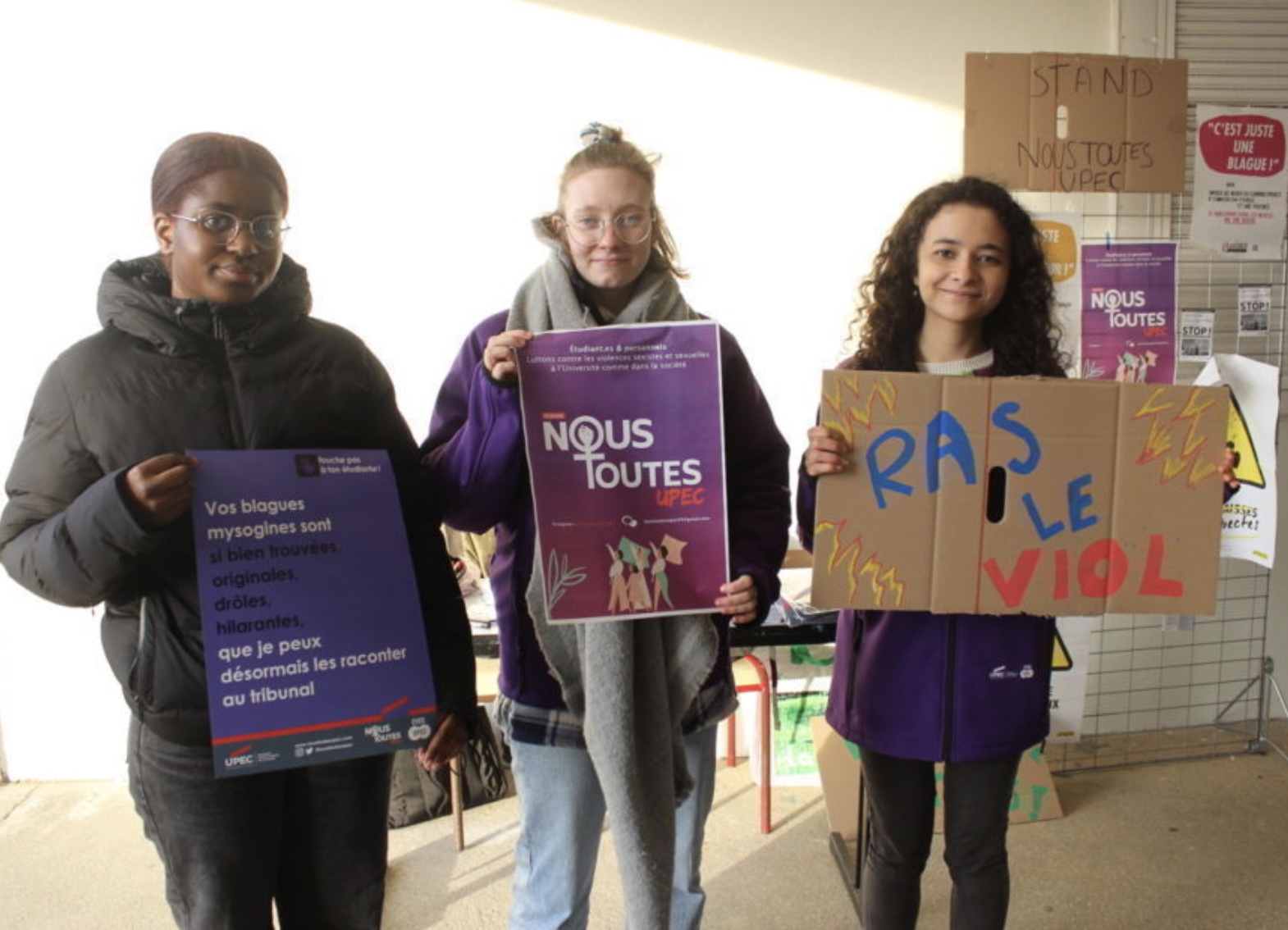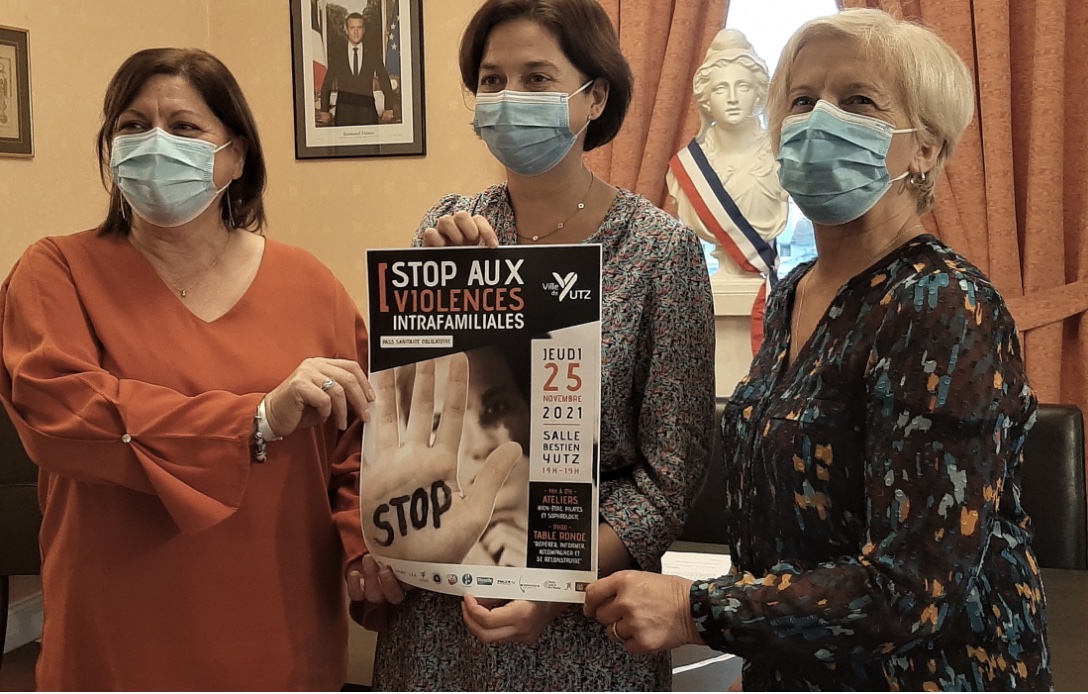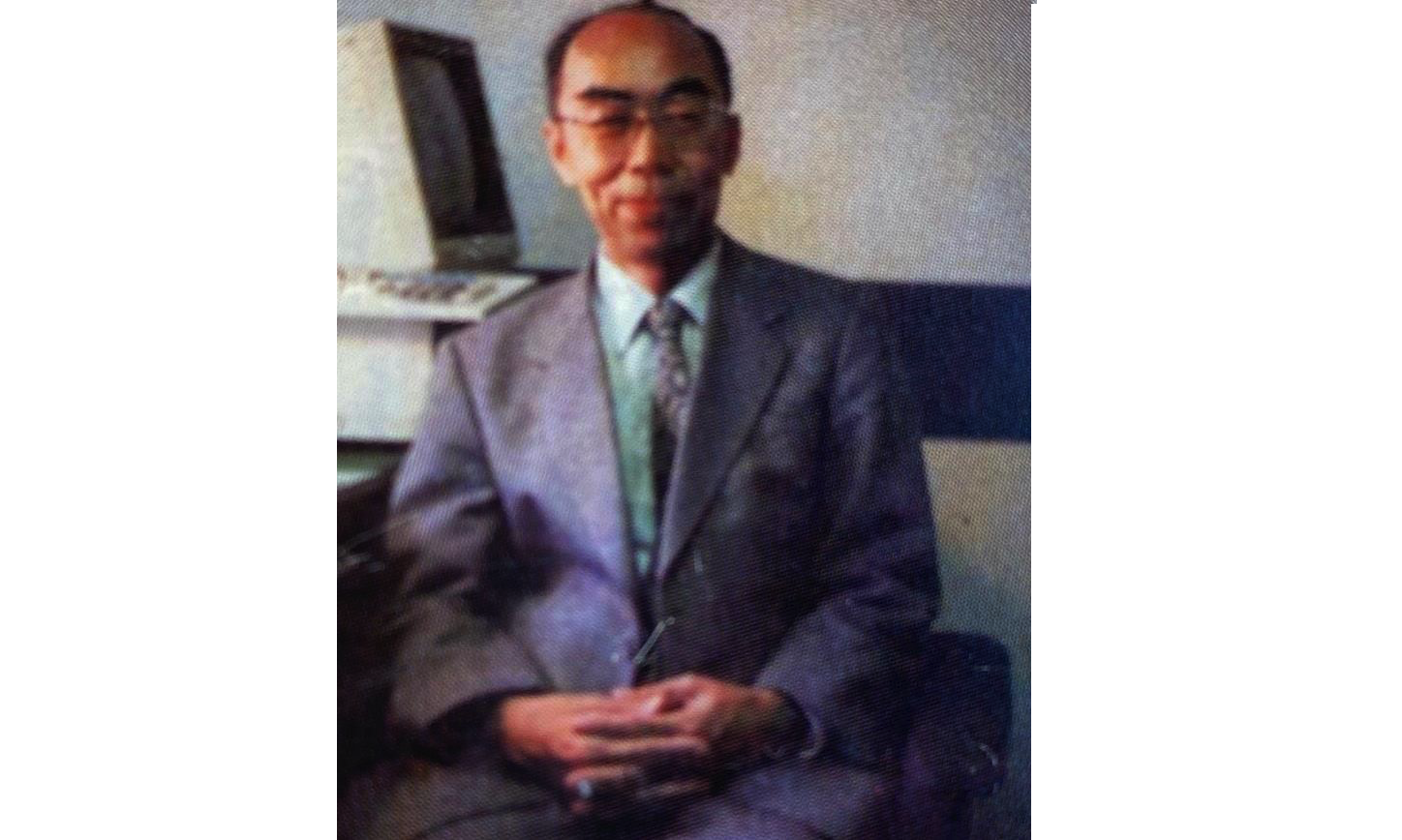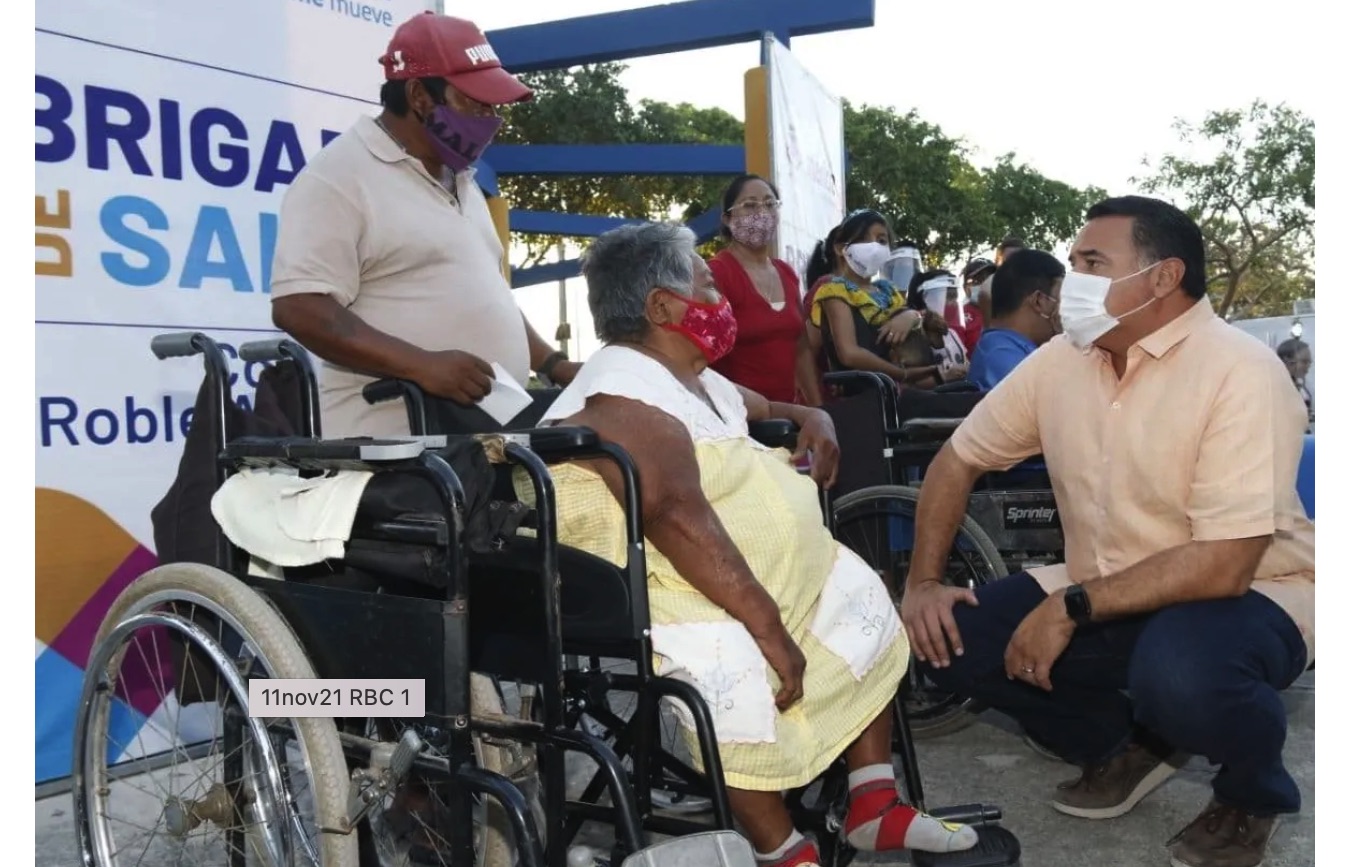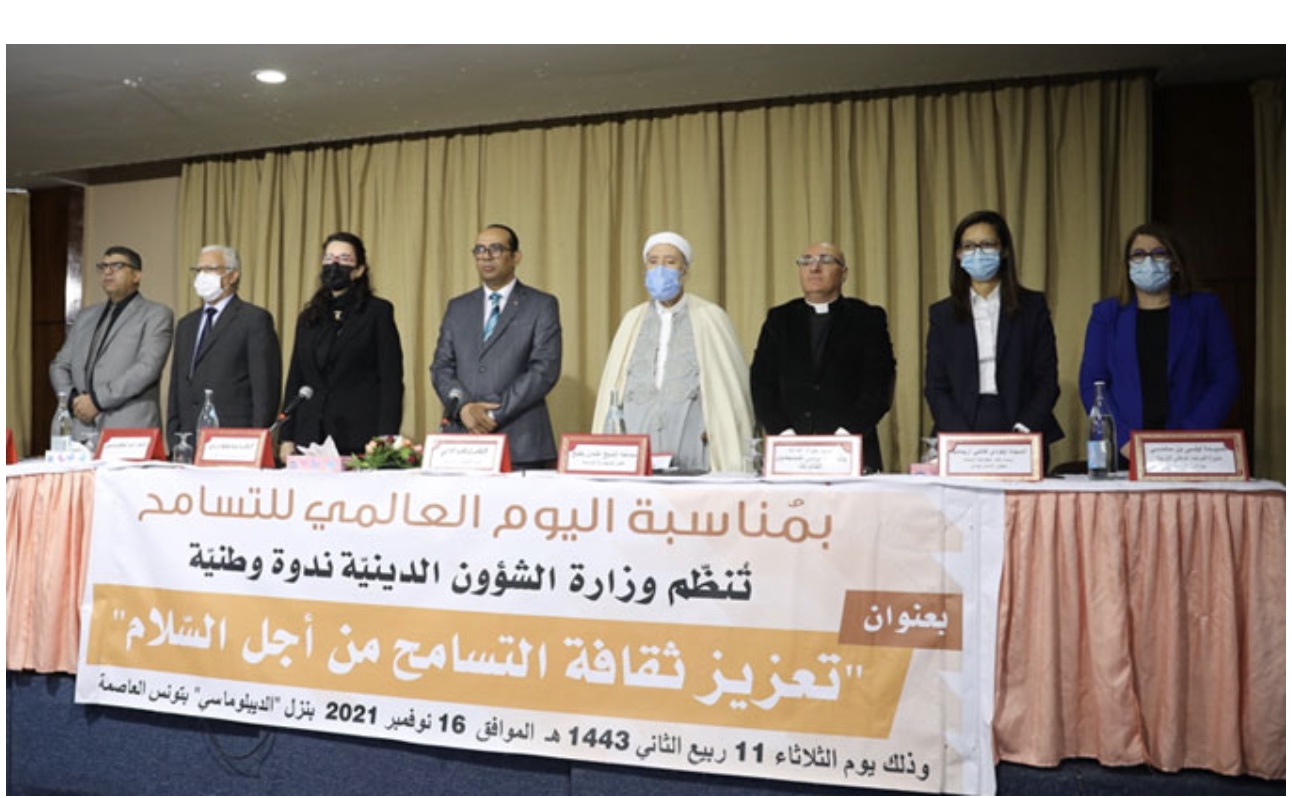. . WOMEN’S EQUALITY . .
An action circular from UN Women
The 16 Days of Activism against Gender-Based Violence is an international campaign that takes place each year. It commences on 25 November, the International Day for the Elimination of Violence against Women, to 10 December, Human Rights Day, indicating that violence against women is the most pervasive breach of human rights worldwide. It was originated by activists at the inaugural Women’s Global Leadership Institute in 1991 and this year marks its 30th anniversary. Over 6000+ organizations in approximately 187 countries have participated in the Campaign since 1991, with a reach of 300 million1 people. It continues to be coordinated each year by the Center for Women’s Global Leadership (CWGL) and is used as an organizing strategy by individuals, institutions and organizations around the world to call for the prevention and elimination of violence against women and girls.
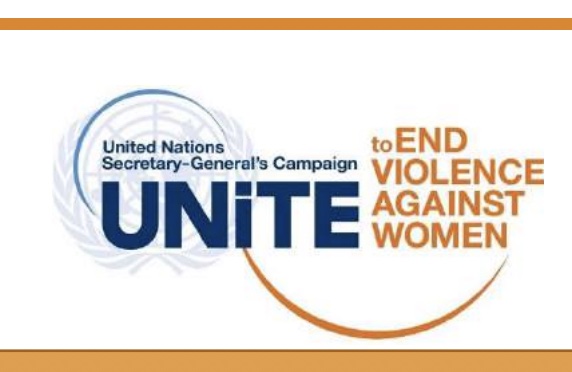
In support of this civil society initiative, under the leadership of the UN Secretary-General, António Guterres, the United Nations Secretary-General’s UNiTE by 2030 to End Violence against Women campaign (UNiTE Campaign), launched in 2008 is a multi-year effort aimed at preventing and eliminating VAWG around the world calling for global action to increase awareness, galvanize advocacy and create opportunities for discussion about challenges and solutions.( 1) Center for Women’s Global Leadership (CWGL) United Nations Secretary-General’s Campaign UNiTE by 2030 to End Violence against Women ACTION CIRCULAR: October/ November 2021 Theme: 16 Days of Activism against Gender-based Violence BIMONTHLY ACTI
2021 CONTEXT
According to the latest estimates, nearly 1 in 3 women aged 15 years and older, around the world have been subjected to physical or sexual violence by an intimate partner, non-partner sexual violence or both at least once in their lifetime, indicating that levels of violence against women and girls (VAWG) have remained largely unchanged over the last decade.(2) These numbers do not reflect the impact of the COVID-19 pandemic and would be even higher if they included the full continuum of violence that affect women and girls including sexual harassment, violence in digital contexts, harmful practices and sexual exploitation.
COVID-19 pandemic has exacerbated all the risk factors for VAWG and reinforced many of the root causes such as gender stereotypes and harmful social norms. It has been estimated that 11 million girls may not return to school because of COVID-19, thereby increasing their risk of child marriage.(3) The economic fallout is expected to push 47 million more women and girls into extreme poverty in 2021, (4) reversing decades of progress and perpetuating structural inequalities that reinforce VAWG.
In addition to the impact of COVID-19, the global context of violent conflicts and humanitarian crises, including climate related disasters, are affecting more people than ever before, with a disproportionate impact on women and girls, perpetuating all forms of VAWG. While the forms and contexts may differ across geographic locations, women and girls universally experience different forms of violence in public and private settings, in contexts of peace and in contexts of conflict as well as in humanitarian or crises settings. If we want to ensure that no woman or girl is left behind, we need comprehensive and inclusive approaches that can be adapted to rapidly changing contexts, preventing and responding to all forms of VAWG such as the EU-UN Spotlight Initiative which is making significant progress in preventing and eliminating VAWG even under the constraints of a pandemic. (5)
(continued in right column)
Questions for this article
Protecting women and girls against violence, Is progress being made?
Does the UN advance equality for women?
(continued from left column)
This year’s global campaign theme “Orange the World: END VIOLENCE AGAINST WOMEN NOW!” will mobilize all UNITE networks, civil society and women’s rights organizations, the UN system, the Action Coalition on Gender-Based Violence, government partners, schools, universities, private sector, sports clubs and associations and individuals to advocate for inclusive, comprehensive and long-term strategies, programmes and resources to prevent and eliminate VAWG in public and private spaces prioritizing the most marginalized women and girls. VAWG is not an inevitable part of our societies. It is preventable and the 16 days of activism this year will be an opportunity to showcase effective strategies and interventions to inspire all actors to scale up what works. It is also an opportunity to promote the leadership of women and girls in their diversity and their meaningful participation in policy making and decision making from global to local levels and to build on the momentum created during the Generation Equality Forum.
MAIN PRINCIPLES OF UNiTE CAMPAIGN ADVOCACY
• Honour and acknowledge women’s movements and their leadership in preventing and ending violence against women and girls.
• ‘Leave No One Behind’: Apply a human rights-based approach and focus attention on the most underserved and disadvantaged groups of women and girls in efforts to prevent and end violence against women and girls.
• Survivor-centred: Take a respectful and ‘do no harm’ approach to the telling and retelling of survivor stories, only with their informed consent and under conditions in which they have agreed. This and the empowerment principles are vital for the engagement of survivor advocates/activists on their own terms. All UNiTE partners must ensure that survivor advocates’ rights, safety, dignity and confidentiality are prioritized and upheld.
• Multi-sectoral: Everyone in society has an important role to play in ending violence against women and girls and we all must work together across sectors to address the various aspects of violence against women and girls.
• Transformative: Fostering critical examination of gender roles, regimes and practices, while seeking to create or strengthen equitable gender norms and dynamics for fundamental, lasting changes for women and girls.
• Elevate the voices of young feminists: While the world’s reviewing progress made over the past 25 years since the adoption of the Beijing Platform for Action, it is time to create platforms to elevate voices of the next generation feminists who are shaping their future now. • The colour orange continues to be a key tool unifying all activities to bring global attention to the initiative.
(1) Center for Women’s Global Leadership (CWGL)
(2) Violence Against Women Prevalence Estimates, 2018 – World Health Organization, on behalf of the United Nations Inter-Agency Working Group on Violence Against Women Estimation and Data (VAW-IAWGED) (2021).
(3) United Nations Educational, Scientific and Cultural Organization. Keeping Girls in the Picture (2020); United Nations Population Fund (UNFPA), Impact of the COVID19 Pandemic on Family Planning and Ending Gender-based Violence, Female Genital Mutilation and Child Marriage: Pandemic threatens achievement of the Transformative Results committed to by UNFPA (2020).
(4) UN Women, From Insights to Action: Gender equality in the wake of COVID-19 (New York, 2020).
(5) https://www.spotlightinitiative.org. Page | 3



